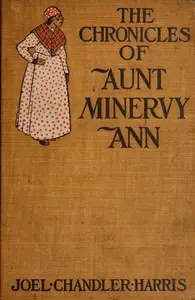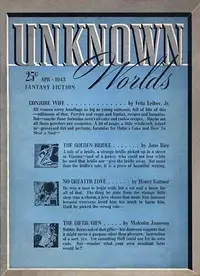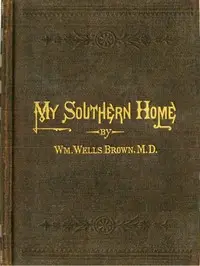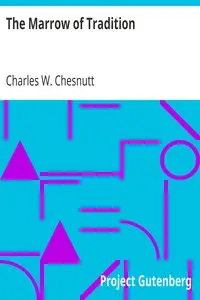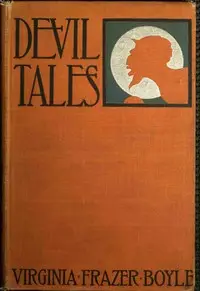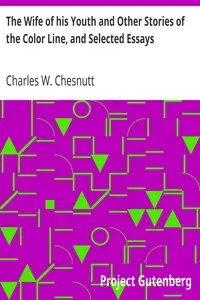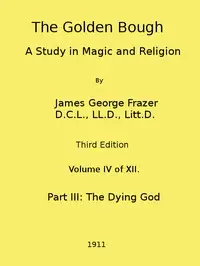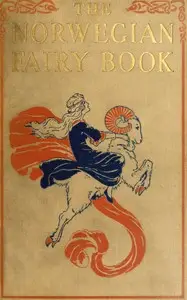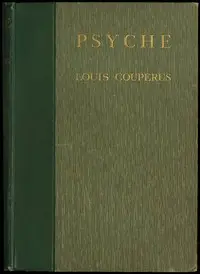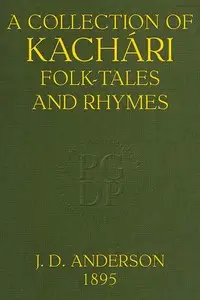"The Conjure Woman" by Charles W. Chesnutt is a series of tales that transport us to the South after the Civil War, where we meet former enslaved people trying to find their way in a changing world. Uncle Julius McAdoo, a clever man who was once enslaved, uses his storytelling skills to share old folk tales filled with magic and deep meanings about society, especially in how he deals with white people around him. The book starts with a man moving south to grow grapes and improve his wife’s health where he then meets Uncle Julius, while checking out his vineyard, who warns him about the land of "goopher" that leads to the man becoming curious about it's history and the folk stories around it. Julius spins a captivating yarn about Mars Dugal', the vineyard's first owner, and the weird beliefs connected to his grapes. This tale introduces the book's main ideas: magic, belief, and the long-lasting effects of slavery. Overall, the book uses folklore to look closely at the lives and customs of African Americans in the South during that time.
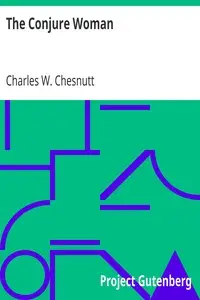
The Conjure Woman
By Charles W. (Charles Waddell) Chesnutt
In the post-Civil War South, a former enslaved man uses enchanting folktales to navigate a world of shifting social dynamics and lingering superstitions.
Summary
About the AuthorCharles Waddell Chesnutt was an American author, essayist, political activist, and lawyer, best known for his novels and short stories exploring complex issues of racial and social identity in the post-Civil War South. Two of his books were adapted as silent films in 1926 and 1927 by the African-American director and producer Oscar Micheaux. Following the Civil Rights Movement during the 20th century, interest in the works of Chesnutt was revived. Several of his books were published in new editions, and he received formal recognition. A commemorative stamp was printed in 2008.
Charles Waddell Chesnutt was an American author, essayist, political activist, and lawyer, best known for his novels and short stories exploring complex issues of racial and social identity in the post-Civil War South. Two of his books were adapted as silent films in 1926 and 1927 by the African-American director and producer Oscar Micheaux. Following the Civil Rights Movement during the 20th century, interest in the works of Chesnutt was revived. Several of his books were published in new editions, and he received formal recognition. A commemorative stamp was printed in 2008.

